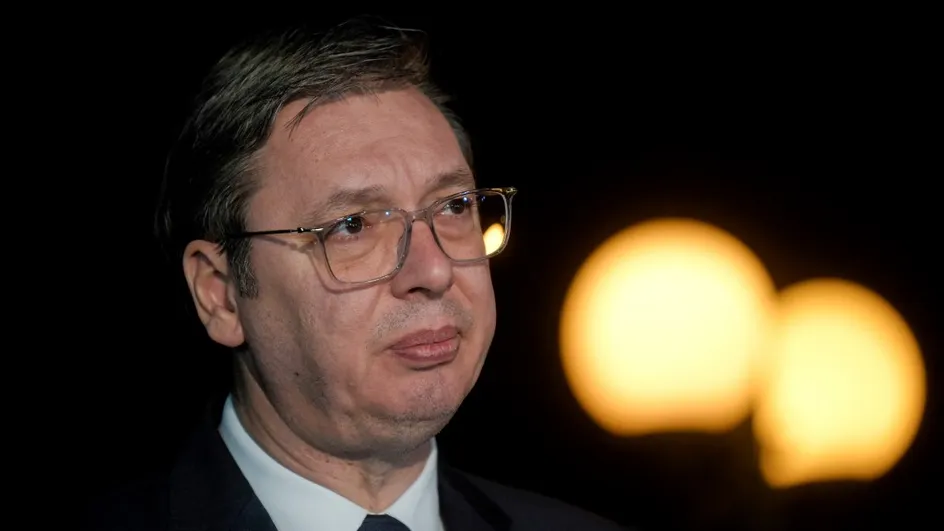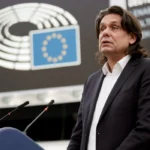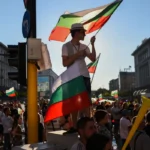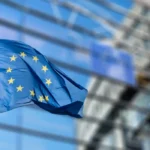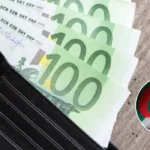More than two decades after a deadly war between Kosovar independence rebels and Serbian forces, Belgrade refuses to recognize the independence proclaimed in 2008 by its former province.
Progress, but not yet agreed. The leaders of Kosovo and Serbia failed, on Saturday March 18, to sign a text on the normalization of their relations, which have remained complicated since the end of the war in 1999. It must be said that Serbia refuses to recognize independence proclaimed in 2008 by its former province, whose population of 1.8 million inhabitants, overwhelmingly of Albanian origin, includes a Serbian community of approximately 120,000 people.
Kosovar Prime Minister Albin Kurti and Serbian President Aleksandar Vucic met on Saturday for twelve hours of negotiations on the shores of Lake Ohrid, in North Macedonia, under the leadership of the head of European diplomacy, Josep Borrell. Westerners have increased pressure on Belgrade and Pristina in recent months to prevent a possible outbreak of tensions in the fragile Balkan region, while war is raging in Ukraine.
The Ohrid meeting came after talks in Brussels collapsed last month, where an 11-article European peace plan was unveiled, more than two decades after a deadly war between Kosovar independence rebels and Serbian forces. Brussels wanted the agreement of both parties on an appendix implementing this European proposal.
Josep Borrell congratulated the press that the two camps had accepted the annex in question, but admitted that Belgrade and Pristina had gone less far than hoped. “The parties could not find a mutually acceptable solution as ambitious as the one we proposed,” he told reporters.
Ongoing Tensions
The European proposal stipulates that the two camps will not use violence to resolve their differences. The draft would lead to de facto recognition between Belgrade and Pristina as it provides that the two sides “will mutually recognize their respective national documents and symbols”. The text also declares that “Serbia will not oppose Kosovo’s membership of an international organization”, a key request from Pristina, which notably wishes to join the UN. At the same time, he proposes to grant “an appropriate level of self-management” for the Serb minority in Kosovo.
The question of Kosovo remains obsessive for some of the 6.7 million Serbs, who consider the territory as their national and religious cradle, where crucial battles have been fought over the centuries. In Belgrade, thousands of people demonstrated on Friday at the call of nationalist parties to refuse an agreement which they said would amount to a “capitulation”.
In Kosovo, many members of the Serb minority refuse all loyalty to Pristina, with encouragement from Belgrade. Especially in the north of the territory, near the border with Serbia, the scene of frequent clashes, demonstrations and sometimes violence.
This article is originally published on francetvinfo.fr

